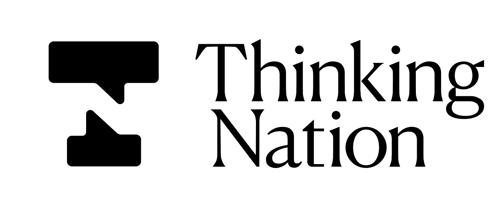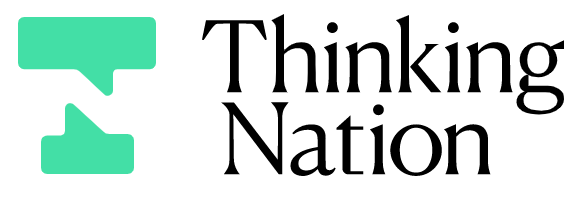When we use the common language of social studies we are no longer talking about "World History" or "United States History," but instead we are talking about the discipline. Using the language of the discipline in social studies goes beyond memorizing names, dates, and events—it teaches students how to think like historians. These skills, such as analyzing sources, identifying bias, recognizing cause and effect, and understanding multiple perspectives, help students make sense of complex issues. Instead of passively receiving information, students actively investigate the past and construct their own interpretations based on evidence. This approach builds critical thinking, problem-solving, and communication skills that are transferable to all areas of life. While content provides the "what," historical thinking teaches the "how" and "why," giving students tools to ask deeper questions and form reasoned conclusions. It encourages civic engagement by helping learners connect the past to current events. Ultimately, historical thinking fosters more meaningful learning and empowers students to become thoughtful, informed citizens capable of making sense of an ever-changing world.

Establishing a Common Language
'
